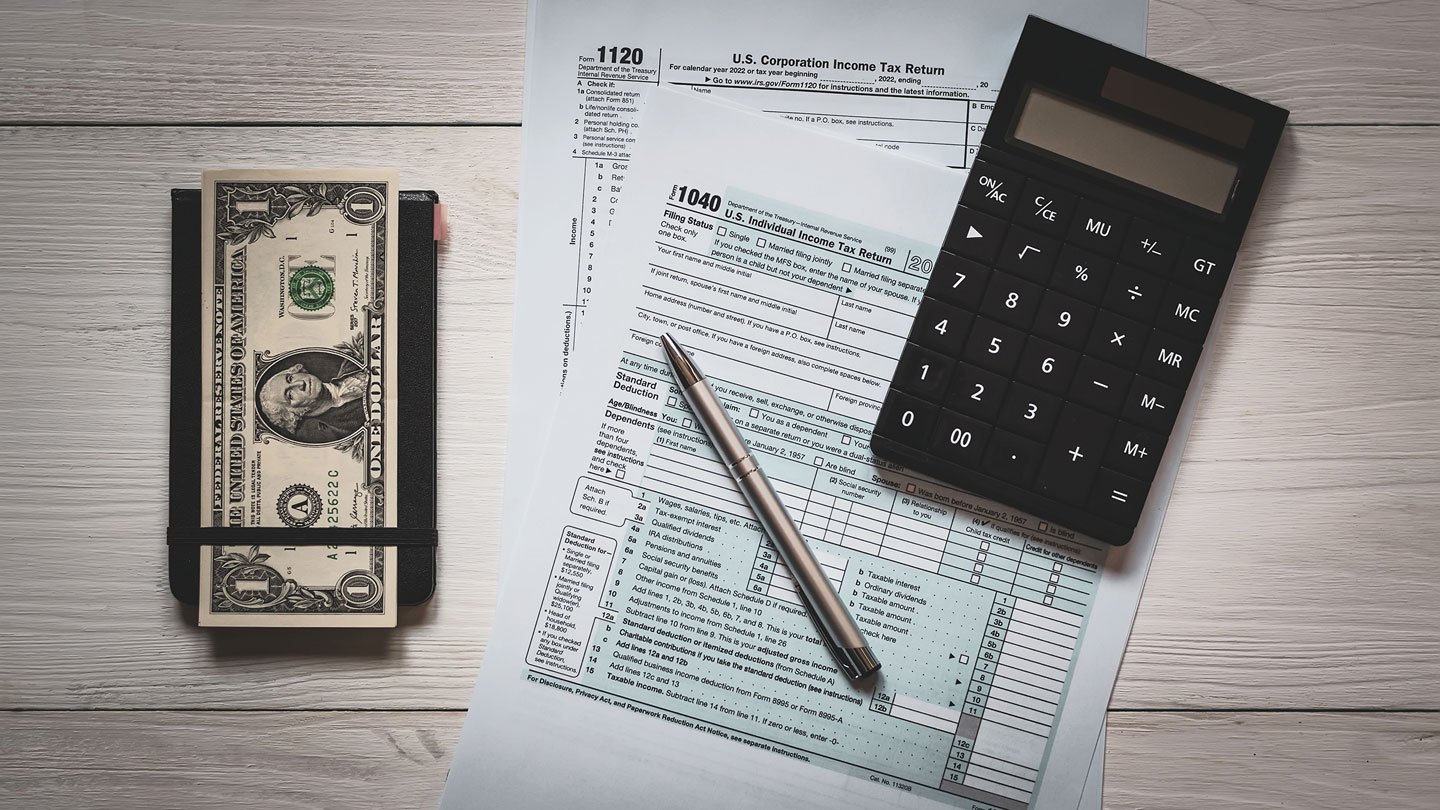
Partnership Tax a Major Issue in 2025 Reform Debate
Potential changes to taxation of partnerships and other pass-through entities could have an outsized impact on commercial real estate.
Tax policy is expected to be the top domestic issue the White House and Congress will grapple with in 2025 due in large part to the expiration of major portions of the Tax Cuts and Jobs Act (TCJA) passed in 2017. That bill reduced marginal tax rates for individuals, drastically reduced the corporate tax rate, and established a temporary 20% tax deduction for so-called “pass-through” businesses.
The pass-through deduction, one of the most controversial provisions added to the bill to ensure its passage by the Senate, will expire at the end of 2025 unless renewed by Congress. The outcome of the debate over that provision, as well as any broader changes to partnership taxation that may be adopted, will have major implications for the real estate industry.
The Section 199A Deduction
Pass-through businesses include sole proprietorships, subchapter S corporations, partnerships and limited liability companies (LLCs). They are called pass-throughs because the income, loss, gain and deduction for the business are attributed (or “passed through”) to the owner, who then pays the taxes on any profits as part of their individual taxes. This differentiates them from subchapter C corporations, where profits are taxed twice — at the corporate entity level (the corporate tax rate) and then again by the individual shareholder at their individual income tax rate when those profits are distributed to them as dividends.
TCJA lowered the corporate tax rate from 35% to 21% — a reduction thought necessary to increase the international competitiveness of U.S. corporations. To give American corporations long-term assurance that they could invest in the U.S. instead of in other countries, the corporate tax rate reduction was made permanent. However, this meant owners of businesses organized as pass-throughs would be paying taxes at a much higher top individual rate (37%) than would a business structured as a corporation (21%). Many members of Congress believed this would put pass-through businesses, many of which are small businesses, at a serious competitive disadvantage compared to corporations.
In part to address some of the unintended impacts on pass-throughs resulting from the corporate tax reduction, Congress added Section 199A to the federal tax code. The provision enables individuals, estates and trusts with pass-through business income to deduct 20% of their qualified business income, as defined in the statute, from their income tax liability, subject to several specific limitations. The taxpayer’s qualified business income is the net amount of income and loss, gain and deduction from every pass-through they own. It does not include wages, capital gains, dividends or interest income. Limitations include income thresholds and the types of businesses that can utilize the deduction. Certain limits are calculated based on the business’s W-2 wages and the owner’s share of capital assets placed in service within the last 10 years.
While the Section 199A limitations and requirements can complicate calculation of the deduction for any individual partnership or pass-through business, the ultimate impact is to reduce the taxpayer owner’s effective tax rate on qualified business income. Applying a 20% reduction to income that otherwise would be taxed at the top marginal individual rate of 37% results in an effective tax rate of 29.6%, which brings it more in line with the 21% corporate tax rate.
Importance to Real Estate
The way the U.S. taxes pass-through businesses, and the resulting flexibility it provides for determining what type of business structure owners wish to operate under, offers a competitive advantage. In large part, other countries impose inflexible corporate regimes that limit the ability of entrepreneurs to develop capital and ownership structures that appeal to investors and meet the specific needs of their businesses.
This entrepreneurial flexibility is of particular importance for commercial real estate, where it is crucial to align the interests of diverse owners and investors involved in long-term capital investments. Nearly half of the 4 million partnerships in the U.S. are real estate partnerships. Consequently, changes to taxation of partnerships and other pass-through entities have an outsized impact on commercial real estate.
Unlike the corporate tax rate, which was made permanent in TCJA, Section 199A and the lower individual income tax rates expire at the end of 2025. If Congress fails to renew these provisions, pass-through businesses will pay income tax at the owner’s individual ordinary income tax rate. The top marginal rate will increase from the current 37% to 39.6%. In that scenario, owners of real estate pass-through businesses could be looking at an increase of 10 percentage points in the effective tax rate on their pass-through income.
Legislative Outlook
In general, there is bipartisan support for pass-through businesses in Congress. However, Section 199A has its critics, and the costs of renewing all of TCJA’s provisions will lead to intense competition among industries to protect those tax provisions they consider to be most important. The Congressional Budget Office estimates it would cost $4.6 trillion over the next 10 years to renew TCJA, with Section 199A costing more than $680 billion if made permanent. The costs of tax legislation are expected to be much higher if expansion of child care tax credits, elimination of the current limitation on the state and local tax deduction, and other tax proposals are considered. Perhaps appropriately, observers of the looming tax debate have nicknamed it “Taxmaggedon.”
Critics of Section 199A argue that it is an inefficient incentive for increased investment and job growth by pass-through businesses, is overly complicated (thereby deterring many business owners from using it), and benefits some pass-through businesses while excluding others. Supporters counter that added profits from the tax deduction allow firms to invest more in capital assets and employ more workers than they otherwise would. More importantly, it addresses what would otherwise be a nearly 19% differential in how pass-throughs are taxed compared with corporations.
Because of the potential impact on real estate, NAIOP has made renewal of Section 199A a top legislative priority for 2025. The current provision can be improved by reducing some of its complexity. However, avoiding a potential 10-percentage-point tax increase on many real estate partnerships remains the primary concern. At the federal level, NAIOP is working with a coalition of its real estate allies to develop research highlighting the importance of partnerships to U.S. economic growth and entrepreneurship. This research will be used in our advocacy efforts for Section 199A renewal.
Deliberation over taxation of real estate partnerships will be just one aspect of a much larger debate on tax policies critical to real estate, including taxes on capital gains, the continuation of Section 1031 like-kind exchanges, the tax treatment of carried interests, and estate tax changes.
Aquiles Suarez is senior vice president for government affairs at NAIOP.
RELATED ARTICLES YOU MAY LIKE

Rightsizing the Federal Real Estate Portfolio
Disposal of underutilized properties could create challenges for the commercial real estate sector and local economies.
Read More
Partnership Tax a Major Issue in 2025 Reform Debate
Potential changes to taxation of partnerships and other pass-through entities could have an outsized impact on commercial real estate.
Read More
Implications of PFAS Regulation on the Commercial Real Estate Industry
Newly designated “hazardous substances” could pose fresh challenges for stakeholders.
Read More

